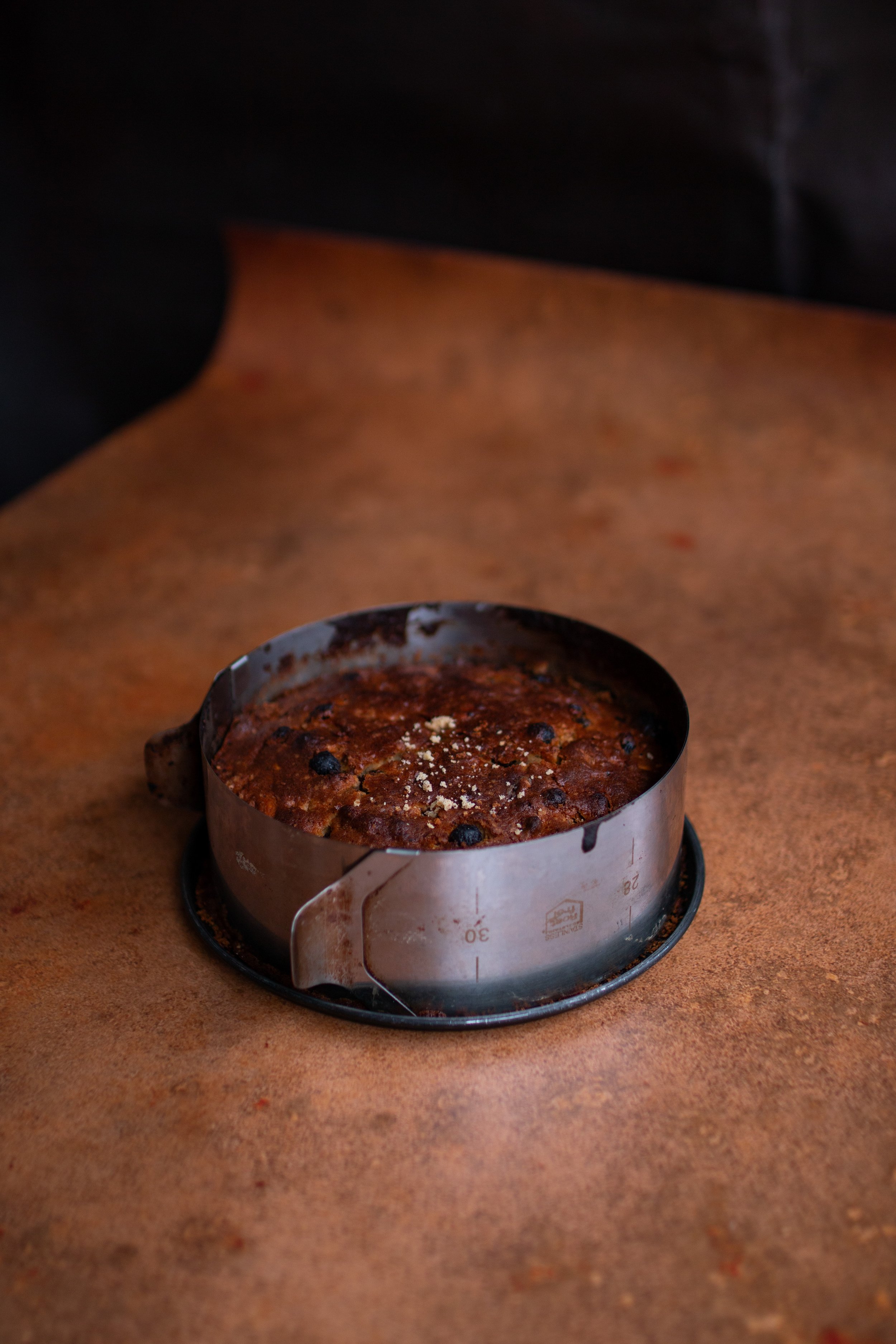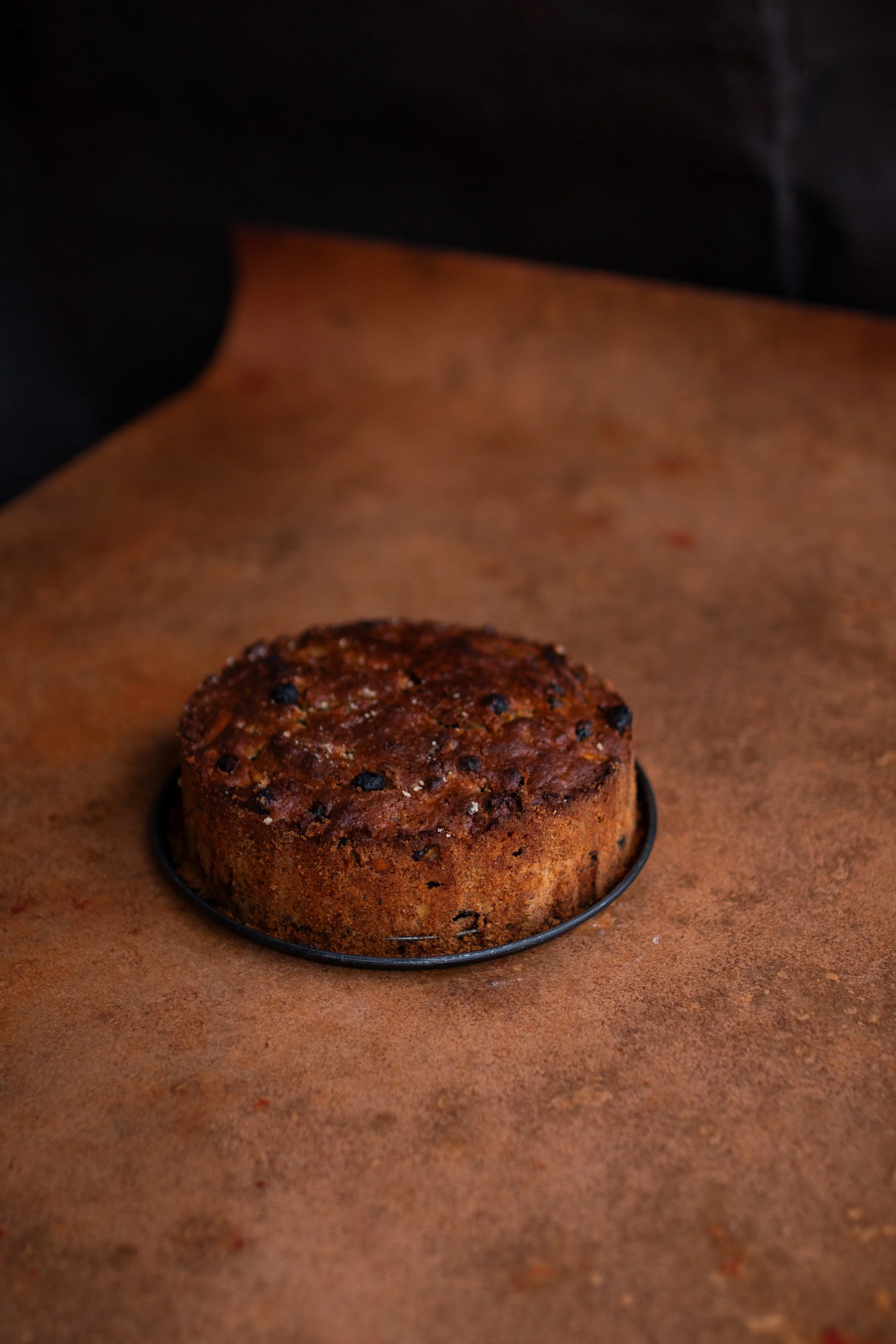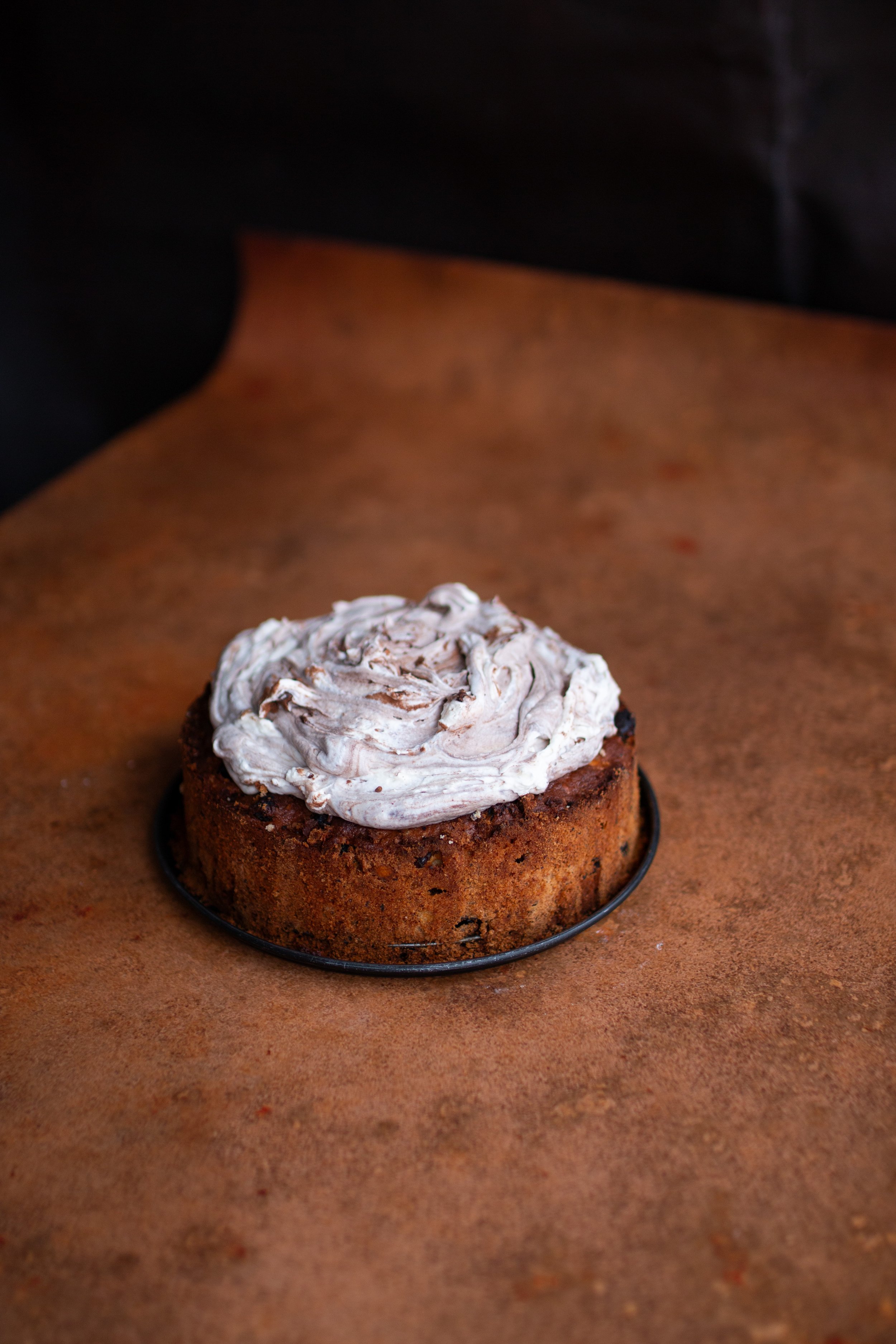The Histoy of Nigerian Fruit Cake (reloaded)
Every Year Nigerians like to bake something called a Fruit Cake for Christmas…but how did something that was traditionally eaten by roman soldiers make it to Nigeria. Well, lets dive in….
Fruitcake doesn't exactly have the best reputation. Although it has the word "cake" in it, it's nothing like the birthday cake you're probably used to. Made with dried fruits and lots of nuts, fruitcake is typically on the more dry side, with no sweet sugary frosting or add-ons to be found. Still, this is one food item that has a surprising history—it's been around for much longer than you would think.
You may know that fruitcake has roots in England, but that's not where it originated. It has been around since ancient Roman times, where it was made of a mix of pine nuts, barley mash, pomegranate seeds, raisins, and honeyed wine. It was shaped into a cake and called "satura." Because it was easy to carry around and lasted for so long without going bad, Roman soldiers brought it to the battlefields as a snack.
The Fruit cake as we know it today can be traced all the way back to the Middle Ages. In the 16th century, sugar became cheaper, and Europeans realized they could use it to preserve fruits. They began soaking fruits in sugar, essentially drying them, and then the sugar-soaked fruit was added to fruitcake. Around this time, nuts were also added.
Fruitcake was part of some pretty strange traditions back in the day. In Britain, unmarried wedding guests would put a slice of fruitcake under their pillow at night so they could dream about the person they would eventually marry. The connection was that fruitcake was traditionally the kind of cake served at British weddings.
Even Kate Middleton and Prince William also served fruitcake at their own ceremony. The cake was eventually brought to Nigeria, yeah you guessed it by colonists. In 1807 influence in the british region began with the prohibition of the Slave Trade. In 1884 at the imfemous Berlin Conference european leaders sliced up africa among themselves. Southern and Northern terretories where amalgamated in 1914, creating the Nigeria you know today
With colonial rule tropes of british settlers swoped in adamant on keeping british traditions alive in Nigeria. In her Memories Constance Larymore for example describes how she thought colonial pedagogy to nigerian workers and cooks. The british imported a number of foods including preserved food like dried fruits used in fruit cake. Many Nigerians started dabbling in european or better yet british cusine and took up traditional foods such as the fruit cake.
Now, eaten all over the world, the Fruit cake is know as Panetone in Italy, Stollen in Austria and Germany and Jamaica Black cake or Jamiacan Fruit Cake is a staple.
Author: A Sweet Point of View
Cook time: 30 mins
Total time: 30 mins
Serves: 20
Dietary Information: Vegan Friendly Recipe
Ingredients
Instructions
Put the dried fruit in one bowl and cover with the Brandy. Let the Fruits sit overnight or up to 6 Weeks. (the longer it sits in the brandy the more intense the taste will be)
Mix all the dry ingredients together. Combine eggs with dry ingredients and butter. Add the dried fruits and spices. Then place dough in a baking pan of your choice. Bake the cake for 60 Minutes or until set in the centre.
Now, let the cake cool and top it with the whipped cream, meringue and dried fruit.
Tip: Nigerian Fruit Cake can be preserved for week. I recommend making it well ahead of time. It can stay up to 4 weeks stored in a cool and dry place.
For the Cake
380g Flour - 3 1/8 Cup
380g soft unsalted Butter - 3 1/8 Cup
4 Eggs
280g brown Sugar
2 tblsp. Baking Powder
2 tblsp. Cinnamon
2 tblsp. Nutmeg
2. tblsp. Cardamom
2 tblsp. Muscat
150g dried Apricots
150g dried Cranberies or Cherries
120g blanched Almonds
80g Walnuts
200ml Brandy
For the Topping
1 Packet of Merinuge Crinckles
120g of Dried Fruit
250g whipped Cream
Hi, my name is Melissa. Thanks for stopping by welcome to my Blog. I hope you enjoy your time here.
Lets Connect
Sweet Instagram
Search for Something
In Season
Blog Awards
Best Food Styling
Best Newcomer Blog

























